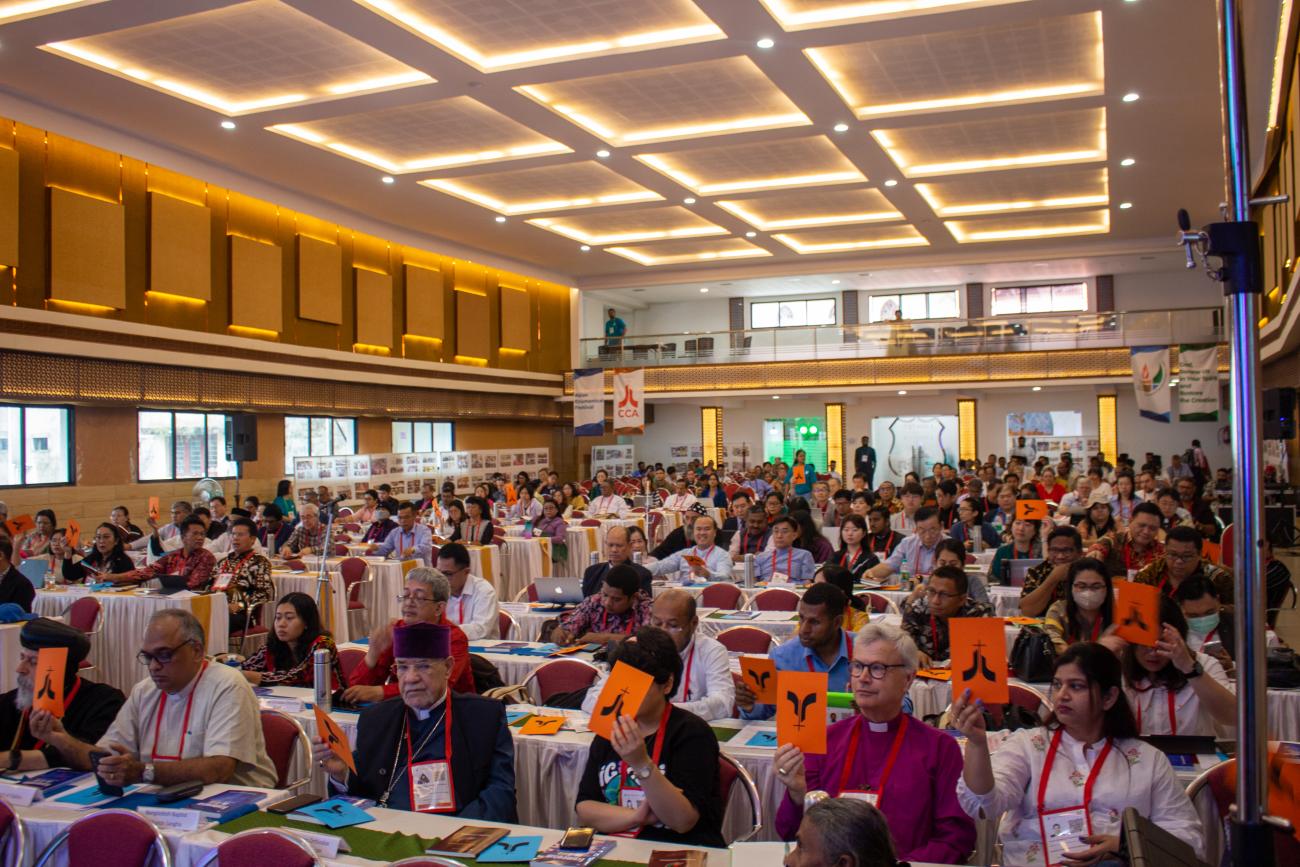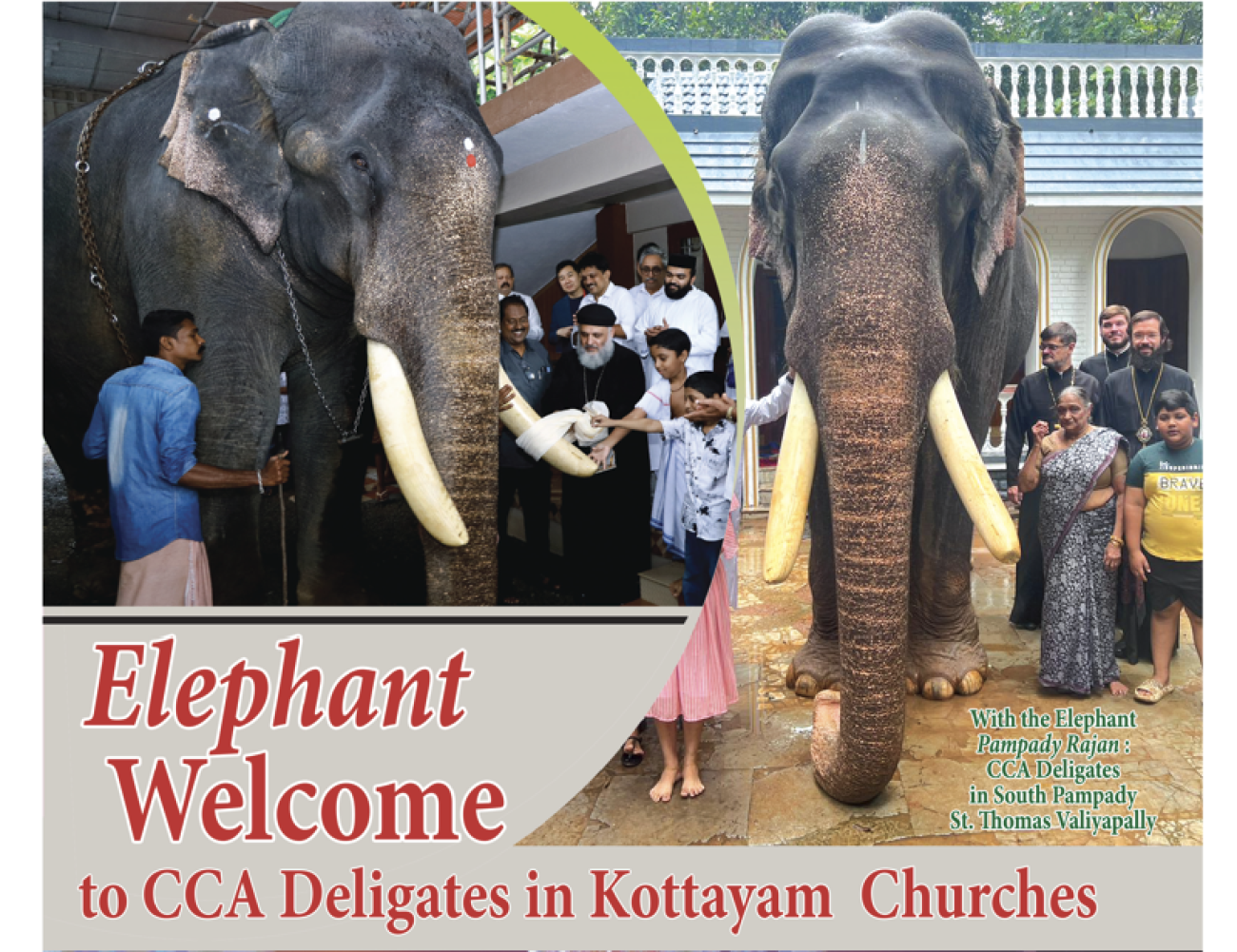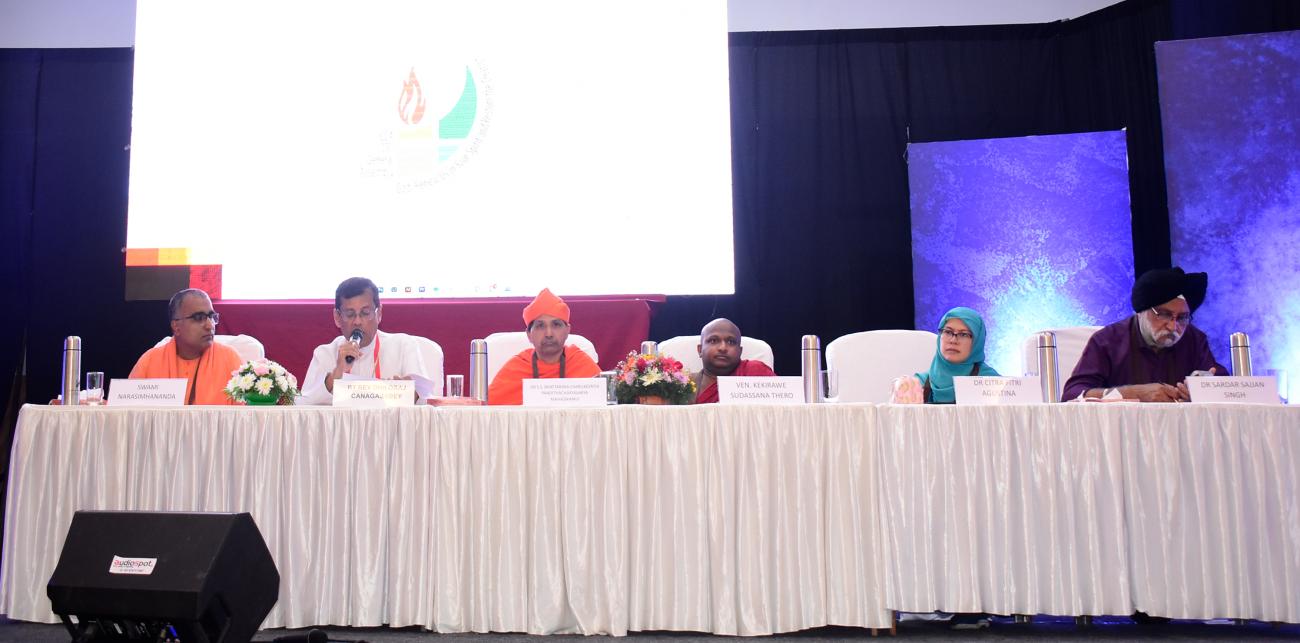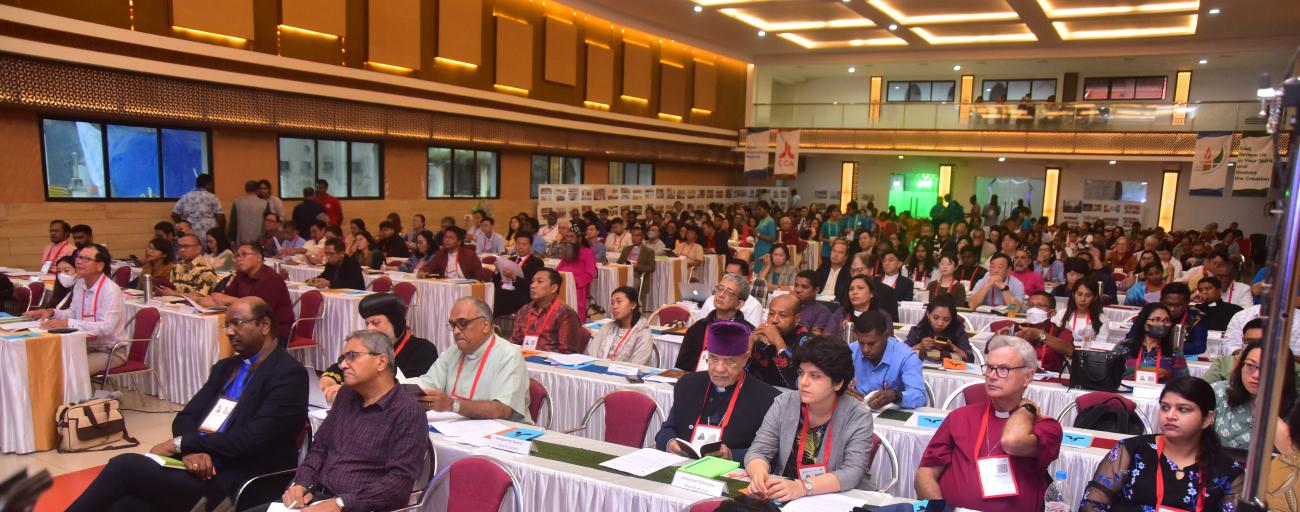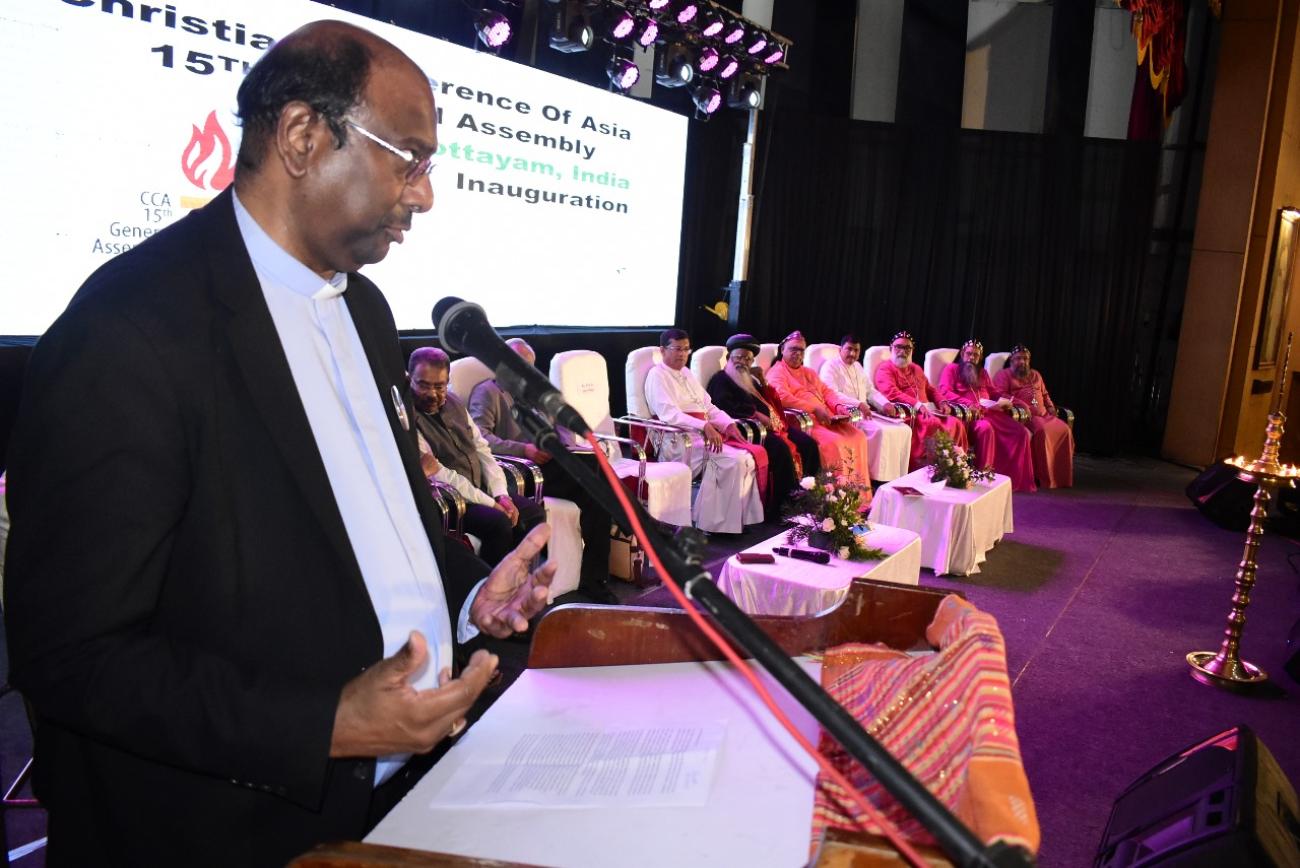On the AGAPE Consultation on Poverty, Wealth and Economy

November 2-6, 2009
Forced by extreme poverty, political repression and ecological destruction, people migrate to developing countries like Thailand. An estimated 2 million migrant workers are in Thailand. Migrant workers are the most vulnerable to human trafficking and exploitation.
The ‘sufficiency economy’ model aims to make a community produce sufficiently to support its members. It also assumes that the community or a family owns a piece of land to cultivate to be able to be self-sufficient.
For a newly industrialized economy which is agriculturally-based, land constitutes the basic requirement for self- sustainability and sufficiency.
Janejinda Pawadee, coordinator of the Mekong Ecumenical Partnership Program, says that this alternative model of ‘sufficiency economy’ remains abstract, for example to the indigenous Lahu people who migrate to the city. “They lost land to tourism development investors they do not have anything to start on. The model remains abstract for the common Thai people.”
Additionally, the model would also be challenged by self-sustainability. Would a community be able to sustain self-sufficiency in the face of aggressive forces of globalization?
Asia, whose vulnerability in terms of climatological features is further aggravated by poverty showcases the poverty-wealth-ecology links, according to the research report presented by IBON Foundation, a research think-tank based in the Philippines.
The research was conducted at the most critical times in Asia, in a context of grave ecological and economic crisis. More than one-half of the Third World’s poor live in Asia. Viewed as a dynamic and promising place to invest, Asia plunges deep into poverty, thus reducing the resilience and adoptability of Asians to sharp climate changes.
Grassroots people who live everyday in poverty see poverty not as a problem, but a phenomenon within an exploitative system. The challenge therefore to the church is to aspire together with the poor, the oppressed and the marginalized of the earth, to get out of an exploitative system into a just and sustainable one.


